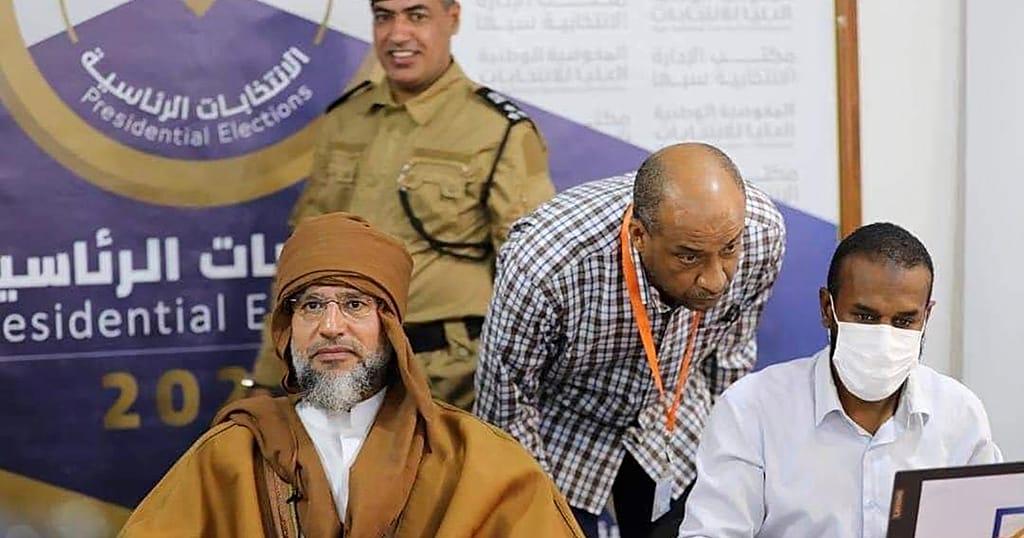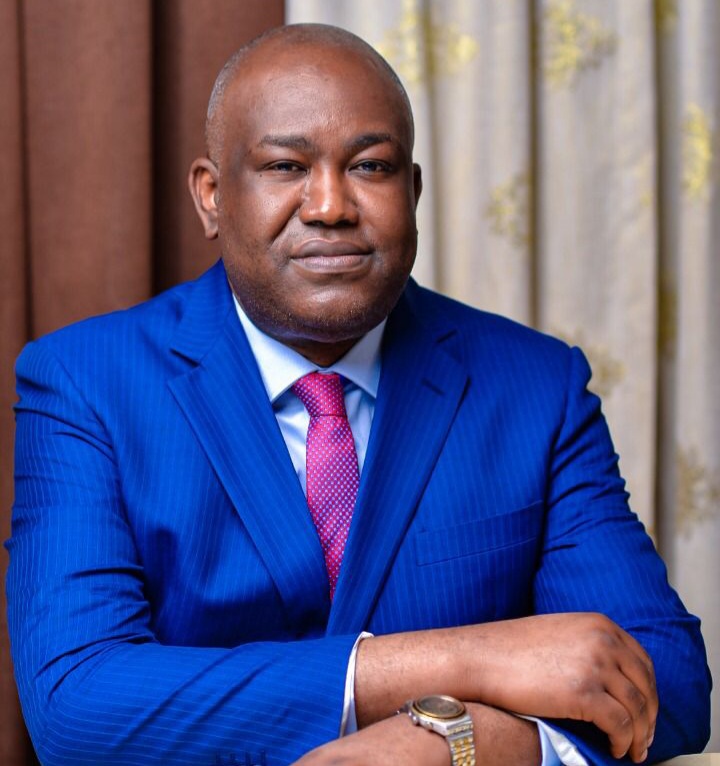An activist, Ibrahim Yusuf, has criticized state governors for their alleged reluctance to sign execution orders on condemned inmates, citing this as a hindrance to the Federal Government’s efforts to decongest custodial centres across Nigeria.
Mr. Yusuf expressed his disapproval while responding to a survey conducted by the News Agency of Nigeria (NAN) on the feeding of inmates and the congestion in correctional facilities.
The Federal Government had announced plans in May 2023 to discontinue the feeding of state offenders in federal correctional facilities from January 1, 2024.
According to Yusuf, governors are hesitant to sign execution orders due to concerns about the potential repercussions of their actions after leaving office.
As the Chairman of the Association of Non-Governmental Organisation Association (ANGO) in Gombe State, Mr. Yusuf commended the Federal Government for its decision to halt the feeding of state inmates in federal facilities, urging state governments to allocate funds for the feeding of their inmates in these facilities.
Official statistics reveal that over 90% of the inmates in correctional facilities across the nation are state offenders.
Yusuf lauded the federal government’s move as a positive step towards decongesting correctional centers, emphasizing the need for immediate condemnation of convicted individuals to alleviate overcrowding.
He further urged state governors to take responsibility in the absence of signed execution orders, thereby prompting them to implement strategies to decongest the centers.
Supporting this viewpoint, Sadiya Saleh, Chairperson of the Human Rights Committee of the Nigeria Bar Association (NBA) in Bauchi State, advocated for legal reforms to streamline the administration of justice and reduce congestion in correctional facilities.
She emphasized the importance of adopting alternatives to reduce incarceration for non-violent offenses, reassessing sentencing guidelines, expediting trials, and improving conditions within correctional facilities, including healthcare, sanitation, and access to legal representation.
Saleh stressed that the association is dedicated to upholding the rights of inmates and promoting a fair and humane correctional system.
Additionally, Silas Simon, a Constitutional Lawyer in Bauchi, urged the federal government to ensure the implementation of Section 34 of the Administration of Criminal Justice Act (ACJA) to expedite the decongestion of correctional facilities.
He highlighted the significance of judicial and magisterial visits to detention centers, along with the management of the database and biometric records of inmates for their reintegration into society.
Mr. Simon also emphasized the establishment of an inspectorate directorate to compile and follow up on reports from oversight and monitoring bodies for effective implementation.
Statistics from the Nigeria Correctional Service (NCoS) revealed that Bauchi State had 31 inmates on death row awaiting execution. Among them were 22 males and nine females, with 24 sentenced to death by hanging and seven by stoning.
The spokesperson of the Service in the state, DSC Abdullahi Usman, disclosed that most of the inmates on death row were not indigenous to Bauchi State, having been transferred from other states due to familial pressure and apprehension.
Usman stated that the Service awaited the executive order to carry out the execution as sanctioned by a competent court of law.
Through these combined efforts, activists, legal experts, and government representatives are endeavoring to address the intricate and pressing issues surrounding the management of correctional facilities in Nigeria.



